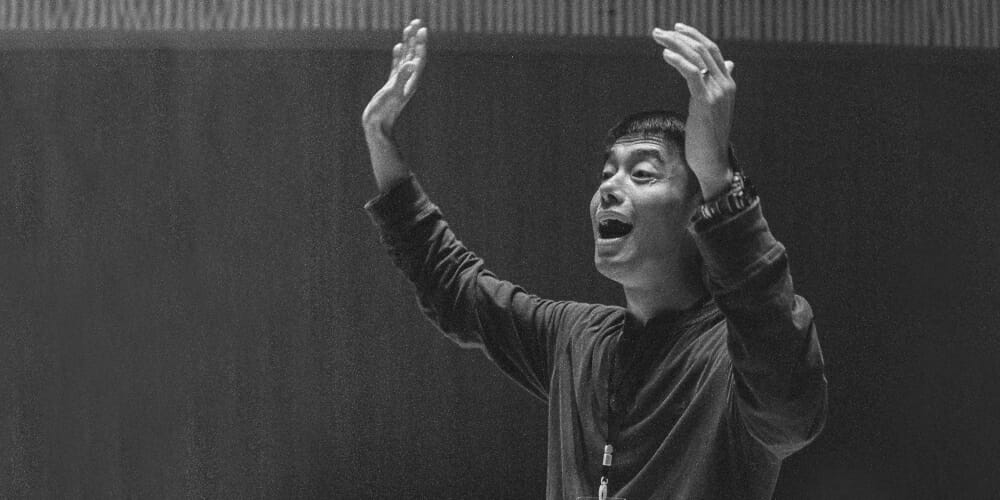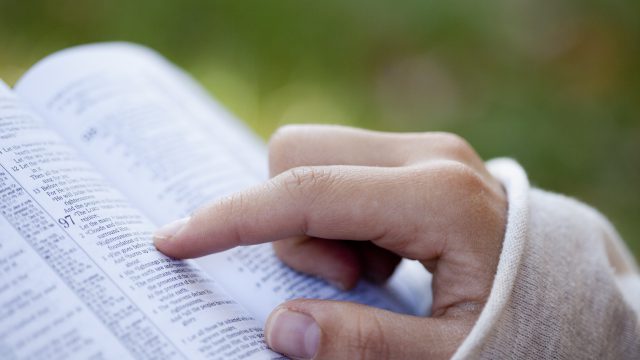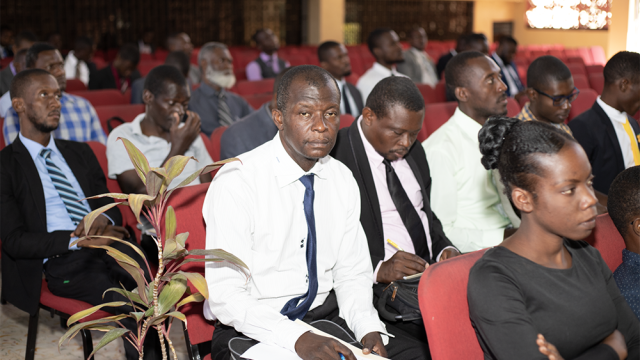There is no joy in pain. No joy in suffering. No joy in hardship. Paul writes a lot about joy in his letter […]

There is no joy in pain. No joy in suffering. No joy in hardship.
Paul writes a lot about joy in his letter to the Philippians, climaxing in the call: “Rejoice in the Lord always; again I will say, rejoice” (4:4). It’s the word always that is challenging. For how could I rejoice if everything around me falls apart? How could I rejoice if my body or soul disintegrates?
This is likely the reason that some think that joy is fragile and elusive, temporary and transient. If pain or sorrow cannons into joy, the latter often gets pulverized. However, I believe what really happens is this: suffering slaughters all our subtle joy replacements.
There needs to be a deeper level of joy that survives all onslaughts of life’s dreadful circumstances. The prophet Habakkuk expresses the mystery of joy superbly at the end of his psalm: Though life circumstances are extremely dismal and dark, he exclaims, “Yet I will rejoice in the Lord, I will joy in the God of my salvation” (Hab. 3:18). I have a hunch that Paul read this prophet for his daily devotions during his final days in prison, just before writing to the believers in Philippi.
There is a very basic melody of joy in my life because God entered it. Even while I am suffering, there is joy in God and joy about all the good gifts He bestows on me. In my experience, joy and thanksgiving are twin virtues. I can look for three reasons to be thankful today. With such a joy-sensitive outlook, I suddenly detect things, situations, and people that make me thankful and rejoice. Joy is an attitude toward God and toward life, making hardships more bearable.
Johann Sebastian Bach and Johann Franck got it right. The famous motet Jesus, meine Freude treats many of the tensions of Christian existence. In the final stanza it drives home the point that in the here and now, in spite of all suffering, there is joy when the “joy-master” Jesus enters the heart and banishes all “thoughts of sadness.” They just don’t have any power over us anymore.
There is joy while we experience pain—for there is God.








